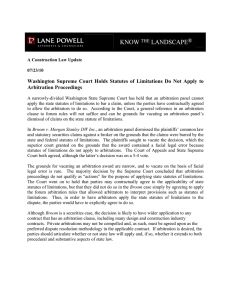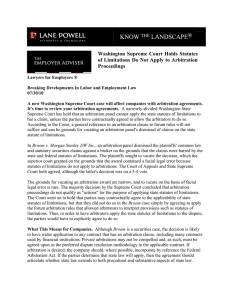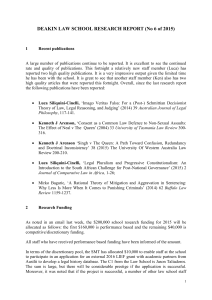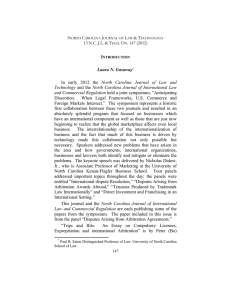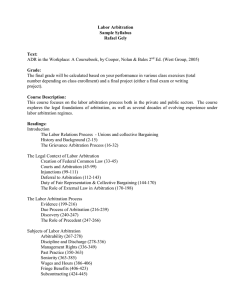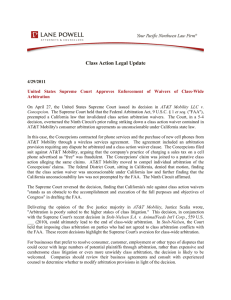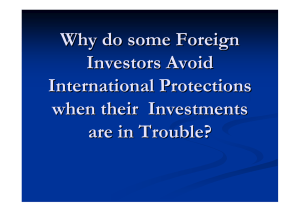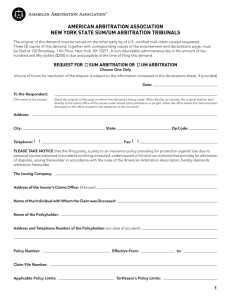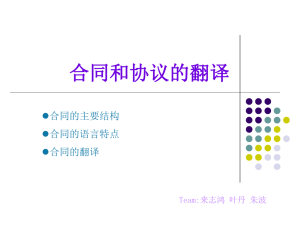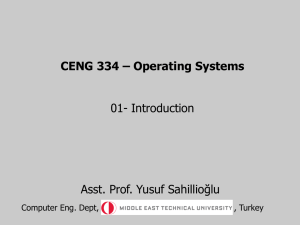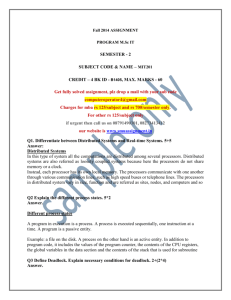Statute 558 http://www.leg.state.fl.us/Statutes/index.cfm?App_mode
advertisement
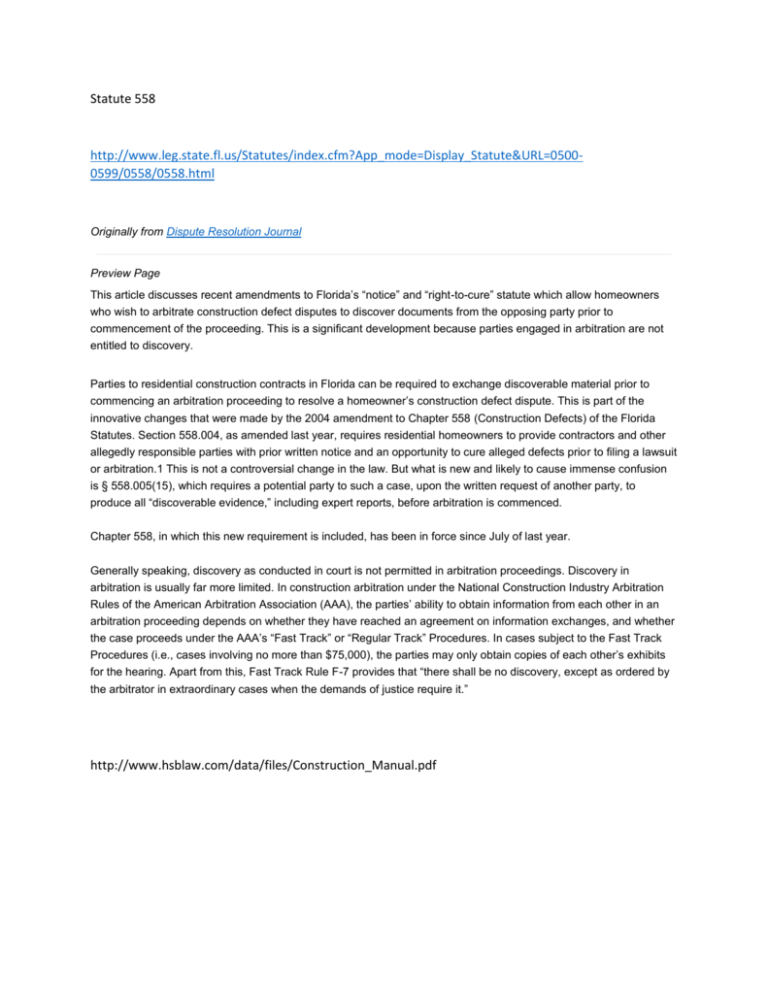
Statute 558 http://www.leg.state.fl.us/Statutes/index.cfm?App_mode=Display_Statute&URL=05000599/0558/0558.html Originally from Dispute Resolution Journal Preview Page This article discusses recent amendments to Florida’s “notice” and “right-to-cure” statute which allow homeowners who wish to arbitrate construction defect disputes to discover documents from the opposing party prior to commencement of the proceeding. This is a significant development because parties engaged in arbitration are not entitled to discovery. Parties to residential construction contracts in Florida can be required to exchange discoverable material prior to commencing an arbitration proceeding to resolve a homeowner’s construction defect dispute. This is part of the innovative changes that were made by the 2004 amendment to Chapter 558 (Construction Defects) of the Florida Statutes. Section 558.004, as amended last year, requires residential homeowners to provide contractors and other allegedly responsible parties with prior written notice and an opportunity to cure alleged defects prior to filing a lawsuit or arbitration.1 This is not a controversial change in the law. But what is new and likely to cause immense confusion is § 558.005(15), which requires a potential party to such a case, upon the written request of another party, to produce all “discoverable evidence,” including expert reports, before arbitration is commenced. Chapter 558, in which this new requirement is included, has been in force since July of last year. Generally speaking, discovery as conducted in court is not permitted in arbitration proceedings. Discovery in arbitration is usually far more limited. In construction arbitration under the National Construction Industry Arbitration Rules of the American Arbitration Association (AAA), the parties’ ability to obtain information from each other in an arbitration proceeding depends on whether they have reached an agreement on information exchanges, and whether the case proceeds under the AAA’s “Fast Track” or “Regular Track” Procedures. In cases subject to the Fast Track Procedures (i.e., cases involving no more than $75,000), the parties may only obtain copies of each other’s exhibits for the hearing. Apart from this, Fast Track Rule F-7 provides that “there shall be no discovery, except as ordered by the arbitrator in extraordinary cases when the demands of justice require it.” http://www.hsblaw.com/data/files/Construction_Manual.pdf




